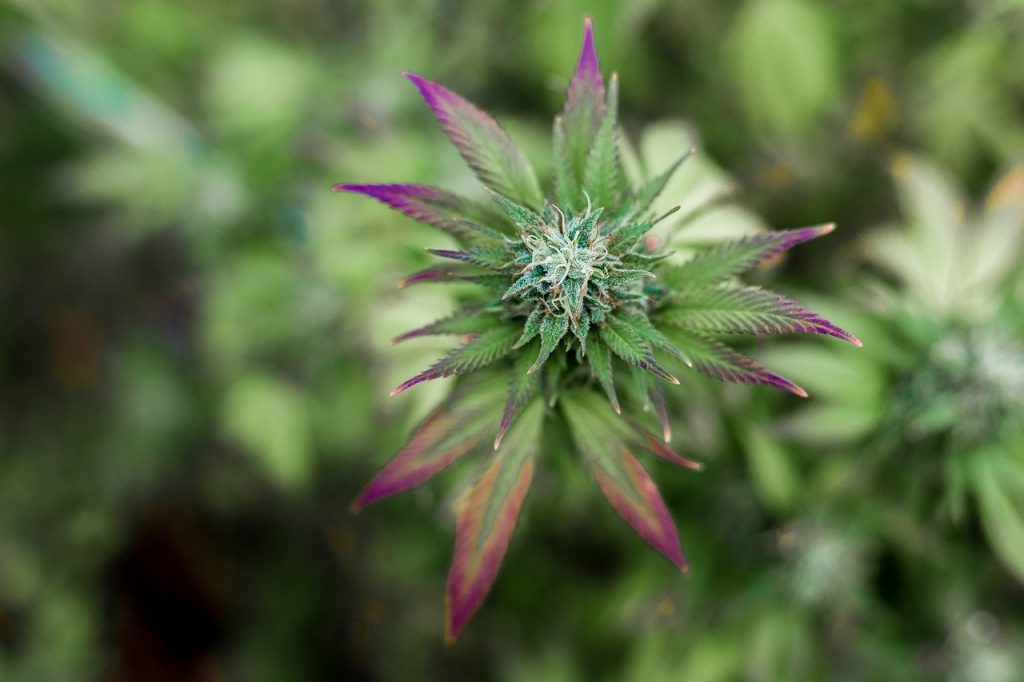
While the terms “cannabis” and “marijuana” are often used interchangeably, they are not exactly the same. Understanding the difference can help you make informed decisions about the products you choose.
Cannabis refers to the entire Cannabis sativa plant and all its derivatives. The cannabis plant is rich in chemical substances, with over 540 identified compounds. This includes cannabinoids, terpenes, and flavonoids, each contributing to the plant’s unique properties.
Marijuana, on the other hand, specifically refers to products derived from the Cannabis sativa plant that contain significant levels of tetrahydrocannabinol (THC). THC is the psychoactive compound responsible for the “high” that marijuana is known for. Not all cannabis plants are high in THC; those with minimal THC content are classified as “industrial hemp” under U.S. law, which is distinct from marijuana.
What Are Cannabinoids?
Cannabinoids are a group of active compounds found in the cannabis plant. These substances interact with the body’s endocannabinoid system, which plays a role in regulating various physiological processes, including pain, mood, appetite, and memory.
What Are the Main Cannabinoids?
The two primary cannabinoids found in cannabis are:
- THC (Tetrahydrocannabinol): This is the main psychoactive component in marijuana, responsible for the euphoric sensation associated with cannabis use.
- CBD (Cannabidiol): Unlike THC, CBD does not cause a high. It is renowned for its potential therapeutic benefits, such as reducing inflammation, alleviating anxiety, and managing seizures.
How Many Cannabinoids Are There?
In addition to THC and CBD, scientists have identified over 100 other cannabinoids in the cannabis plant. Each cannabinoid may interact with the body in unique ways, contributing to the overall effects of cannabis.
Has the U.S. Food and Drug Administration (FDA) Approved Cannabis or Cannabinoids for Medical Use?
While the FDA has not approved the cannabis plant for medical use, it has approved certain drugs containing cannabinoids. These include:
- Epidiolex: A purified form of CBD used to treat seizures associated with rare and severe forms of epilepsy, such as Lennox-Gastaut syndrome and Dravet syndrome.
- Marinol and Syndros: These contain dronabinol, a synthetic form of THC, and are used to treat nausea and vomiting caused by cancer chemotherapy. Dronabinol is also prescribed for appetite loss and weight loss in individuals with HIV/AIDS.
- Cesamet: Contains nabilone, a synthetic compound similar to THC, and is also used to manage chemotherapy-induced nausea and vomiting.
Is It Legal for Dietary Supplements or Foods to Contain THC or CBD?
The FDA has determined that products containing THC or CBD cannot be legally marketed as dietary supplements. Additionally, foods infused with THC or CBD cannot be sold legally in interstate commerce. The legality of these products within a specific state depends on the state’s laws and regulations.
Are Cannabis or Cannabinoids Helpful in Treating Health Conditions?
Cannabinoid-based drugs have been proven effective in treating certain conditions, such as rare forms of epilepsy, chemotherapy-induced nausea, and appetite loss associated with HIV/AIDS. Preliminary research also suggests that cannabis or cannabinoids may offer modest benefits for chronic pain and symptoms of multiple sclerosis. However, cannabis has not been found helpful in treating glaucoma, and research on its effectiveness for other conditions is still in the early stages.
For those in Warner Robins, Rowe’s Cannabis Dispensary on Houston Lake Rd is your trusted source for high-quality cannabis products. Whether you’re seeking relief through THC, CBD, or exploring other cannabinoids, Rowe’s offers a wide selection of lab-tested, safe, and effective products to meet your needs. Visit us today to discover how cannabis can be a beneficial addition to your wellness routine.
